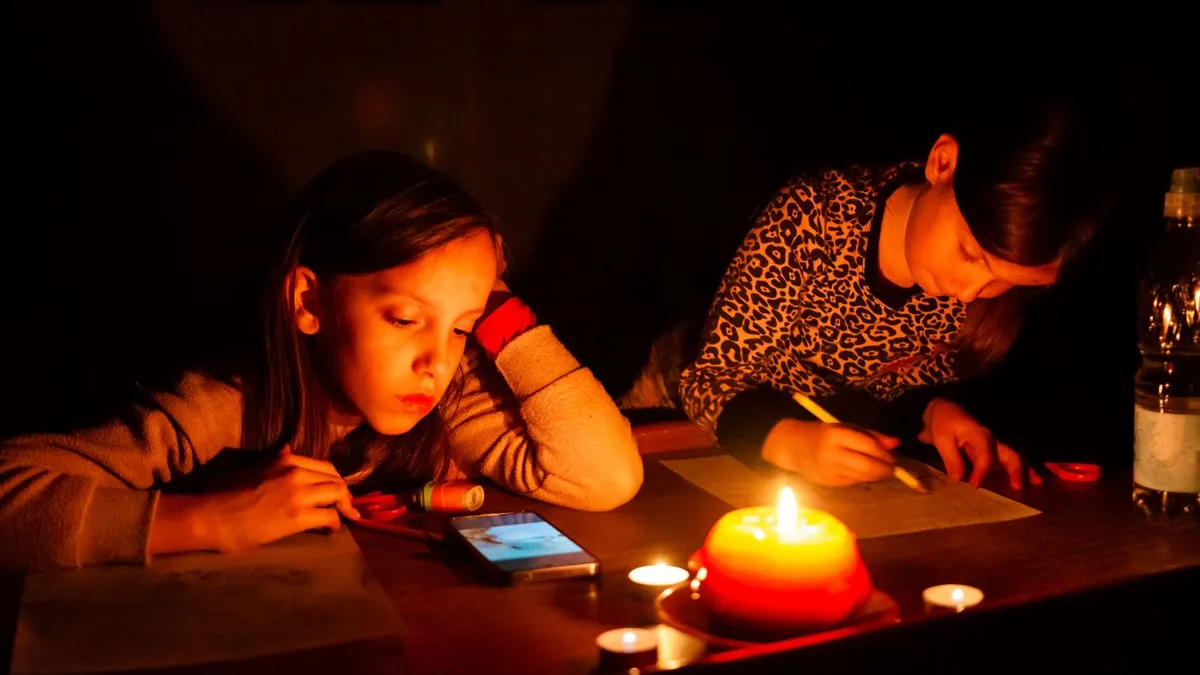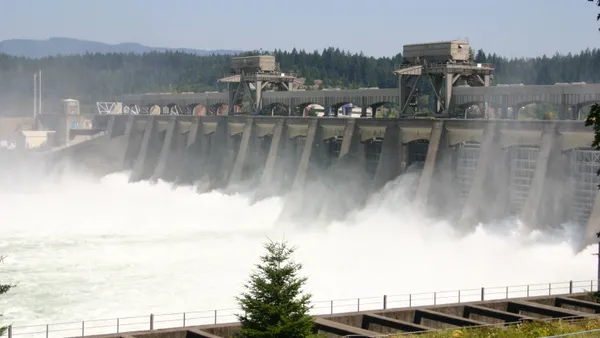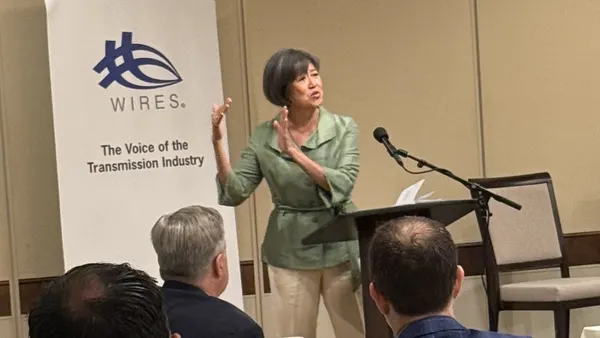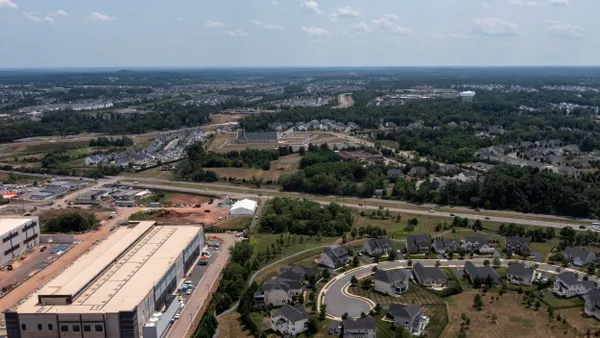Dive Brief:
- Boulder, Colorado, leaders are preparing to oversee the voter-mandated municipal utility that will take over providing the city's power through the existing distribution system from Xcel Energy in late 2016.
- A consultant told the City Council that in a cooperative transition scenario the municipal utility would take over rate-setting and billing but Xcel would continue providing wholesale power and running the system for 18 to 24 months whereas in a “day one” scenario Boulder contractors would immediately be responsible for every aspect of operations.
- Though a district court will oversee the “condemnation” of Xcel's Boulder distribution system, the Colorado Public Utilities Commission is expected to be pivotal in the transition and, because of its concern for regional grid reliability, is expected to ensure that Xcel works with Boulder for a cooperative scenario.
Dive Insight:
The “day one” scenario was described as “more logistically challenging” but, in anticipation of it, approved power purchase agreements for generation are already in place that would more quickly drive Boulder’s transition to a more renewable power supply.
Contractors are ready and capable if the "day one" transition becomes reality, according to Boulder’s consultant.
Boulder will issue RFPs for generation, rate analysis, and call center operations in 2015 and for operations in early 2016.
Boulder's executive director of energy strategy and electric utility development said the city will convene working groups to study reliability, power supply, and ideas about how to implement "the utility of the future."
In 2011, Boulder voters authorized the City Council to form the municipal utility to move to consumption of more renewables than Xcel was bringing to the grid.












